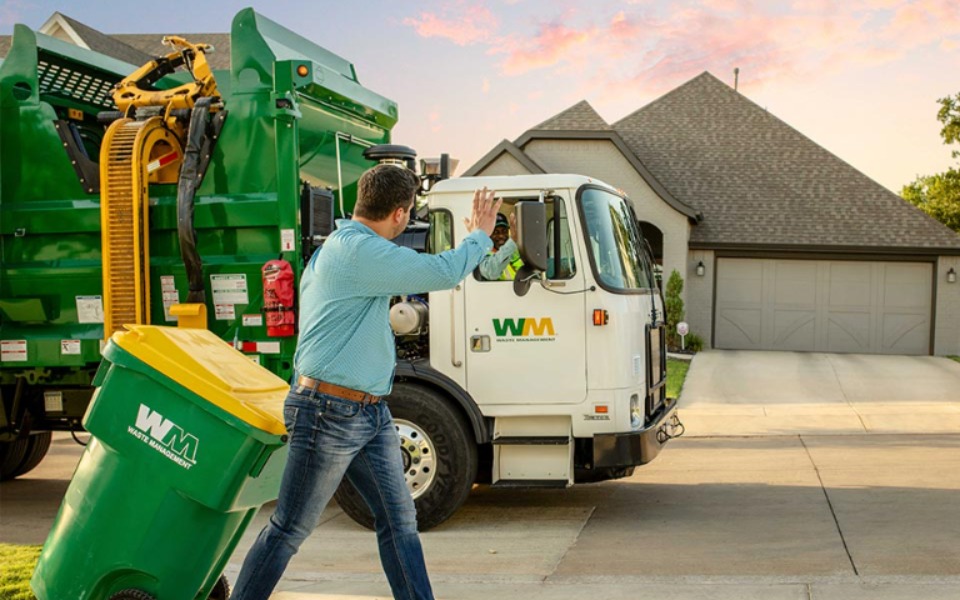
Recycling is a great way to keep waste out of landfills, conserve natural resources and combat climate change. However, not all recyclables are created equal – and knowing what goes into your recycling bin will help ensure you’re using this environmentally friendly practice correctly.
A lot of people think that any type of plastic, glass or metal can be recycled, but this isn’t always true. Some items can only be recycled a limited number of times, and after that, they’ll need to be turned into something new. This is where upcycling comes in – turning old materials into something useful for the modern world. You’ve probably heard of some popular examples, such as making paper airplanes or origami sculptures from recycled cans.
Ideally, recycled materials can be remanufactured into the same exact material they were made out of. For example, used aluminum cans can be melted down and turned into new aluminum cans. Similarly, used office paper can be converted into new paperboard, and used polystyrene foam can be transformed into new polystyrene. This type of recycling is referred to as “closed-loop” recycling because the original material never leaves the production system.
Other types of recycled products can’t be reused as-is, but can be turned into something else completely different. For instance, scrap steel can be turned into new iron or steel products. Plastic cans can be molded into new plastic products, such as toys or water bottles. And a variety of other materials can be repurposed to create new products like insulation or flooring.
Recycling isn’t just about saving our planet’s natural resources, it’s also a great way to save energy. For instance, producing recycled plastic requires 70% less energy than creating it from raw materials. And recycling paper can cut energy use by up to 40%. Additionally, by switching to reusable goods, you’ll decrease the amount of waste you produce and reduce your environmental footprint even more.
Another important aspect of recycling is that it helps to protect the oceans. As the largest ecosystems on Earth, the oceans regulate our weather and climate. Unfortunately, they are also home to an incredible amount of trash, including plastics, which can end up polluting our waters and harming wildlife. By reducing the amount of plastic we use, we can help to protect these vital waterways.
Recycling is a great way to make your home, school or workplace more eco-friendly. If your community doesn’t have a recycling program set up, you can easily start one. Just get everyone on board, and make sure that you’re only recycling the correct items. For example, you shouldn’t throw coffee grounds or oily food scraps into your recycling bin, and don’t recycle items that are contaminated with paint, wood, cleaning products or car batteries. This can prevent the materials from being recycled properly, and it could even render your entire bin unusable.